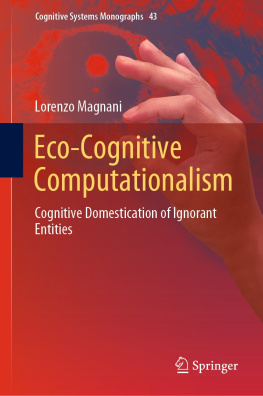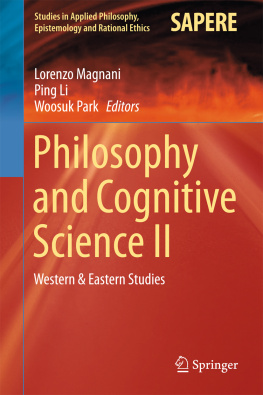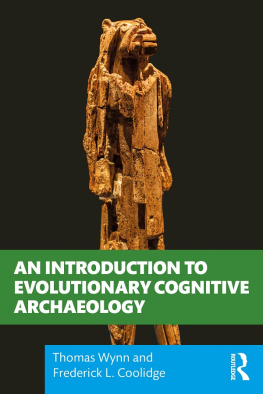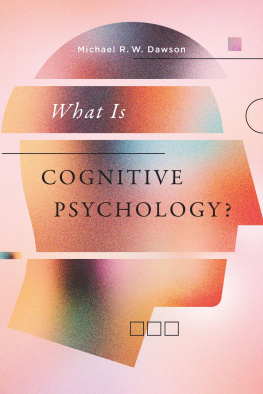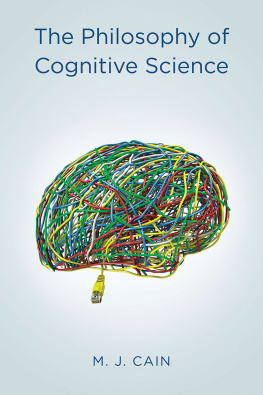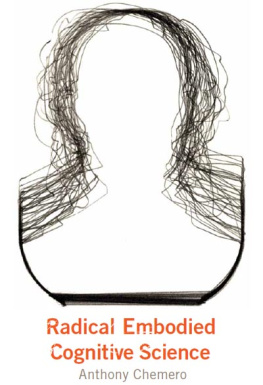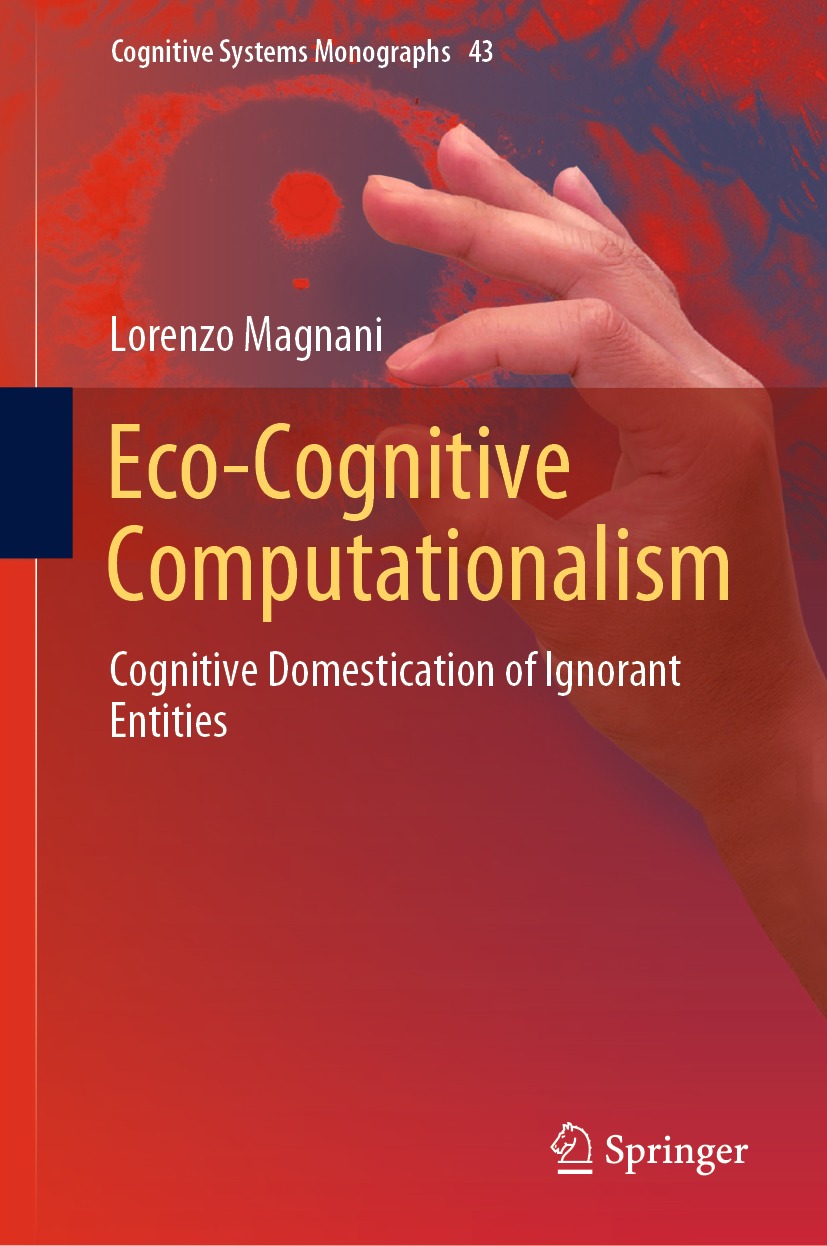Volume 43
Cognitive Systems Monographs
Series Editors
Rdiger Dillmann
University of Karlsruhe, Karlsruhe, Germany
Yoshihiko Nakamura
Department of Mechano-Informatics, Tokyo University, Tokyo, Japan
Stefan Schaal
University of Southern California, Los Angeles, CA, USA
David Vernon
University of Skvde, Skvde, Sweden
Advisory Editors
Heinrich H. Blthoff
MPI for Biological Cybernetics, Tbingen, Germany
Masayuki Inaba
University of Tokyo, Tokyo, Japan
J.A. Scott Kelso
Florida Atlantic University, Boca Raton, FL, USA
Oussama Khatib
Stanford University, Stanford, CA, USA
Yasuo Kuniyoshi
The University of Tokyo, Tokyo, Japan
Hiroshi G. Okuno
Kyoto University, Kyoto, Japan
Helge Ritter
University of Bielefeld, Bielefeld, Germany
Giulio Sandini
University of Genova, Genova, Italy
Bruno Siciliano
University of Naples, Napoli, Italy
Mark Steedman
University of Edinburgh, Edinburgh, UK
Atsuo Takanishi
Waseda University, Tokyo, Japan
The Cognitive Systems Monographs (COSMOS) publish new developments and advances in the fields of cognitive systems research, rapidly and informally but with a high quality. The intent is to bridge cognitive brain science and biology with engineering disciplines. It covers all the technical contents, applications, and multidisciplinary aspects of cognitive systems, such as Bionics, System Analysis, System Modelling, System Design, Human Motion Understanding, Human Activity Understanding, Learning of Behaviour, Man-Machine Interaction, Smart and Cognitive Environments, Human and Computer Vision, Neuroinformatics, Humanoids, Biologically motivated systems and artefacts, Autonomous Systems, Linguistics, Sports Engineering, Computational Intelligence, Biosignal Processing, or Cognitive Materialsas well as the methodologies behind them. Within the scope of the series are monographs, lecture notes, selected contributions from specialized conferences and workshops, as well as selected Ph.D. theses.
Indexed by SCOPUS, DBLP, zbMATH, SCImago.
More information about this series at http://www.springer.com/series/8354
Lorenzo Magnani
Department of Humanities, Philosophy Section and Computational Philosophy Laboratory, University of Pavia, Pavia, Italy
ISSN 1867-4925 e-ISSN 1867-4933
Cognitive Systems Monographs
ISBN 978-3-030-81446-5 e-ISBN 978-3-030-81447-2
https://doi.org/10.1007/978-3-030-81447-2
The Editor(s) (if applicable) and The Author(s), under exclusive license to Springer Nature Switzerland 2022
This work is subject to copyright. All rights are solely and exclusively licensed by the Publisher, whether the whole or part of the material is concerned, specifically the rights of translation, reprinting, reuse of illustrations, recitation, broadcasting, reproduction on microfilms or in any other physical way, and transmission or information storage and retrieval, electronic adaptation, computer software, or by similar or dissimilar methodology now known or hereafter developed.
The use of general descriptive names, registered names, trademarks, service marks, etc. in this publication does not imply, even in the absence of a specific statement, that such names are exempt from the relevant protective laws and regulations and therefore free for general use.
The publisher, the authors and the editors are safe to assume that the advice and information in this book are believed to be true and accurate at the date of publication. Neither the publisher nor the authors or the editors give a warranty, expressed or implied, with respect to the material contained herein or for any errors or omissions that may have been made. The publisher remains neutral with regard to jurisdictional claims in published maps and institutional affiliations.
This Springer imprint is published by the registered company Springer Nature Switzerland AG
The registered company address is: Gewerbestrasse 11, 6330 Cham, Switzerland
Preface
The book addresses a new approach to computation I call eco-cognitive, which stresses the attention to the question of the overwhelming domestication of ignorant entities, which is at work in our current societies. I think the intellectual and didactic virtues of this approach resort to the conviction that seeing at computation in the special interdisciplinary perspective I am proposing avoids reducing the analysis of computation to a rigid one-sided view, privileging the theoretical commitment towards the study of computation as a variegated phenomenon that regards human beings in their individual and social lives.
The book aims at stressing that an open-minded analysis of computation must take into account:
the distributed and embodied nature of computational tools, models, and methods, ultimately related to the idea of the current importance of the external cognitive machines as mediators of cognition;
the central role of the dynamics of the productionand of the rational handlingof new kinds of unconventional computations, by referring to the various multimodal related epistemological aspects;
the fact that computation can be satisfactorily examined only in an eco-cognitive perspective.
These topics are analyzed in terms of what I consider the main tenets of an eco-cognitive approach computation:
Chapter The concepts of information, computation, and cognition are variously interpreted and explained and still lead to ambiguous results. I contend that seeing the evolutionary emergence in humans of information, meaning, and of the first kinds of cognition as the outcome of dynamic coevolutionary interactions between brain/mind internal processes, body itself, and external environment can be extremely useful (1) to clarify the most common misunderstandings and the basic vagueness of the concepts above and (2) to appropriately describe computation as an evolving concept subjected to continuous transformations of meaning. To this aim, I also take advantage of the dynamic concepts of salience and pregnance derived from Thoms catastrophe theory. When the physical computation is seen in the perspective of the ecology of cognition, it is easy to understand Turings original ideas concerning the emergence of information, cognition, and computation in organic, inorganic, and artefactual agents, which I also briefly illustrate in this chapter. I also show that seeing computation as dynamically active in distributed physical entities of various kinds suitably transformed so that data can be encoded and decoded to obtain appropriate results further sheds light on what I call eco-cognitive computationalism. I hope it will become clear that eco-cognitive computationalism does not aim at furnishing an ultimate and static definition of the concepts of information, cognition, and computation, such as a textbook could provide, instead, it intends, by respecting their historical and dynamical character, to propose an intellectual framework that depicts how we can understand their forms of emergence and the modification of their meanings.

